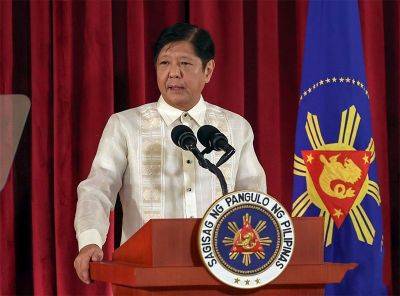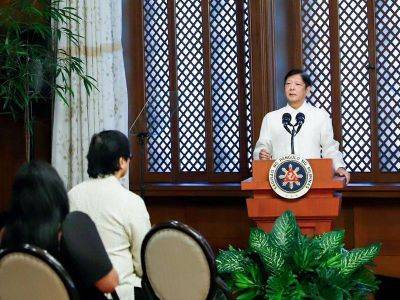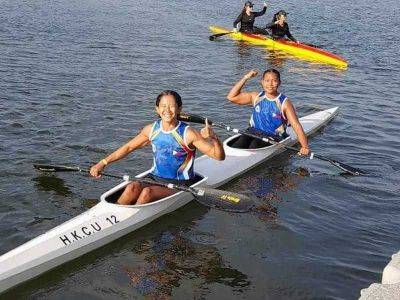Asian indigenous peoples seek greater participation, respect in climate fight
JOHOR BAHRU, Malaysia — Respecting the rights of indigenous peoples and enhancing their participation in climate change processes play a crucial role in addressing climate change, indigenous representatives from Asia stressed Thursday.
Indigenous peoples, who have long been marginalized in climate discussions and excluded in decision-making processes, safeguard 80% of the world’s biodiversity and hold many of the solutions to the climate crisis.
The International Indigenous Peoples Forum on Climate, representing indigenous peoples at the Asia Pacific Climate Week 2023 in Johor Bahru, Malaysia, emphasized that indigenous peoples should be treated as “key partners” in climate change dialogue, not merely beneficiaries.
Their rich knowledge and experiences should also be integrated into climate strategies
Despite constituting less than 5% of the global population, indigenous peoples are widely regarded as the best stewards of nature.
“All climate decisions and actions must take into account priorities and needs of indigenous peoples, giving special emphasis on the experience of indigenous women, indigenous youth and children, persons with disabilities, and our gender-diverse relatives,” the IIFPCC said in a statement.
“The contributions of our traditional knowledge in adaptation, mitigation and even in responding to loss and damage must be recognized and supported,” the organization added.
According to Asian indigenous peoples, they continue to face systemic disadvantages in advancing their advocacies in international conferences like the APCW.
Aside from the substantial costs associated with travel and participation, the lack of language interpretation options and the use of complex jargons and acronyms limit the participation of many indigenous representatives in the regional summit.
Indigenous peoples attending APCW noted that the challenges faced by their communities were only highlighted in indigenous-led events. During the opening ceremony of the regional climate week Monday, only one speaker—from the United Nations Development Programme—mentioned indigenous peoples.
“In our minds, it’s not just about inclusion, but how we can incorporate active







